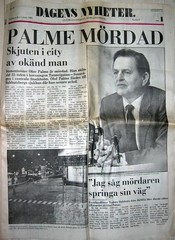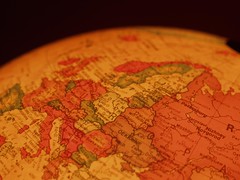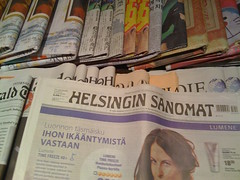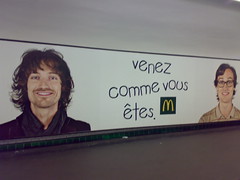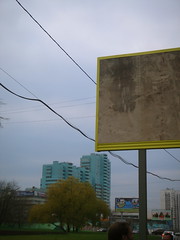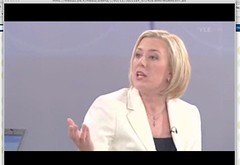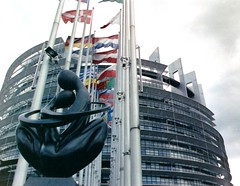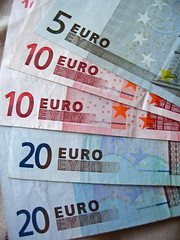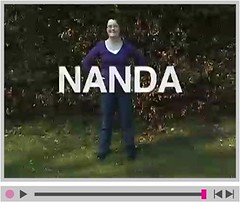 In the last 10 years I have stayed in some really crappy hotels. What has become clear is that price does not guarantee a thing.
In the last 10 years I have stayed in some really crappy hotels. What has become clear is that price does not guarantee a thing.Most people want a good bed, peace and quiet and a decent breakfast. Internet connection would also be nice. However, more often than every now and then I have fought with a crappy air-conditioning system, tried to find something fresh from the breakfast buffet of sweaty cheese, stale croissants and weird mayonnaise salads. And even in some fancy hotels the only thing they have to offer is a 10 euros per hour slow Internet, which works only with a cable. Hotels too often only end up increasing the traveller´s stress. I also cannot stand the idea that hotels are just copy-pasted to dozens of locations without any link to the local setting. I don´t want to stay "anywhere in the world".
But the good news are: there is hope. Easter in Amsterdam showed that great can be affordable. The new Citizen M budget boutique hotel chain provides the essential: great bed, natural light in all rooms, free WLAN, beautiful settings, good breakfast - and excellent service. The rooms are small - I mean under 20 sqm2 - but everything works. The breakfast comes in a paper bag but has freshly pressed orange juice and a fluffy but crispy croissant. It seemed Citizen M has got it right: invest in quality in the things that really matter - staff, interior design, produce, bed.
The design furniture lobby was one where you did not feel like you were working in a hotel lobby. You were not constantly surrounded by people with supersize bags and tour groups waiting for their bus. The staff at Amsterdam City was relaxed and hospitable. I and many others ended up working in the lobby for the entire day. The canteen had a selection of personal British and Dutch snacks and dishes - not the normal boring Pringles cans. The staff was helpful but not intrusive. They seemed to switch smoothly between the canteen and reception. None of the regular "you can go and ask my colleague".
The most amazing thing was that when I tweeted on the hotel, the staff responded in 10 minutes asking if they could give me any more information. We exchanged some messages back and forth and within a day I got great information on their take on sustainability and service. They told me that "from the development of our hotels, the efficient building system is combined with a dedicated offsite factory allowing the construction of the rooms with higher quality, less environmental impact at the construction site, less waste produced spite of reducing the total construction time from 2 years (market average) to around 10 months." This answer came from Diego working at the Amsterdam hotel, not from someone somewhere in the "service center". It seemed clear to me that the staff is proud of their concept - and the enthusiasm is addictive. You can find out more here.
And all this for, get this: 90 euros for a 2-person room.
By now they are only in Amsterdam. But according to the website, "hotels are planned across Europe – in all major cities – such as: London, Barcelona, Glasgow, Berlin, Stockholm, Brussels, Milan, Copenhagen, Moscow, Paris, Istanbul, Warsaw, Budapest to name a few." I wish the best for them. My first visit to Citizen M made me a loyal regular. I love promoting companies like Citizen M and Virgin, which have realised how to make the entire service chain work. They are also proving to the consumer that the whole extra premium for better experience is often just disguised greed.

